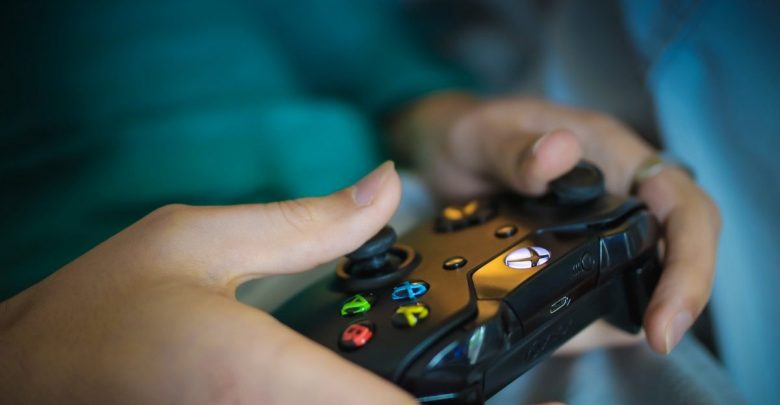Why Gaming May Have a Positive Impact on Students

Video games frequently have a poor rap as unneeded distractions that interfere with a student’s learning ability. However, studies over the last few years have indicated that video games may have some educational value.
Nevertheless, video games should only be used in moderation as they may easily become a study distraction if utilized inappropriately. Also, educational games can be used to improve teaching-learning collaboration and guarantee high levels of student engagement.
Read on to discover some of the benefits of gaming for students and why video games make a great pastime when I need help on my homework or between my study sessions.
Improved problem solving
Gaming is a great approach for cognitive stimulation through visual and aural patterns and challenges. When working on completing various missions, students rely on their memory, pattern recognition, and ability to make decisions on the spot.
Also, video games require a prolonged attention span to tackle long missions and follow through with the development of a scene. These games, therefore, help students to develop their memory and attention span, both elements that come in handy during the study.
Gaming also requires students to multitask as they decide the correct cause of action in the game and handle their video game controller to execute various actions. This ability to focus on what’s necessary allows students to manage the class setting and focus on the correct details when taking notes in the classroom.
Relaxation
Studying can be tedious. Besides the copious notes students take and vast content to study, students are tasked with committing to clubs, societies, and their commitments.
This pressure often makes it hard for students to study, resulting in a vicious cycle of anxiety and procrastination. Gaming helps a student release the pressure of studying, overcome negative self-talk, and help you recharge focus for the next study session.
Promotes autonomy
Some studies have argued that gaming culture is an internal drive to overcome tussles faced in the daily life of a student. Unlike tests and school activities, games offer a student the freedom to opt-out of a challenge that overwhelms the student.
Many gamers struggle with various game levels, with many even resulting from researching to maneuver complex tasks. Besides promoting persistence, this develops research skills that often come in handy in other aspects of the student’s life.
Educational video games improve learning
As Confucius put it: If you tell me, I’ll forget; if you demonstrate it to me, I might remember; if you include me, I’ll comprehend. Unlike common teaching-learning methods, instructional gaming serves as a hand on experience where students can interact with various concepts and make mental cues for quick retrieval of information.
Gaming allows better interaction in the class with a wide range of customizability, helping the tutor address the needs of various learners. Also, gaming can break the monotony of regular teaching—learning methods, improving the participation of students in the teaching-learning process.
Improved hand-eye coordination
Gaming can prove a handy tool for students in lower levels of study and development. Considering the skill required to make quick in-game decisions and to enter commands in your controller, video games offer learners a challenge to achieve better hand-eye coordination.
Also, instructional learning on particular skills can promote faster operation in real-life settings due to the ability to react quickly to given visual cues.
Developing teamwork
Games designed for collaborative play are a great tool for achieving teamwork. Given the role of each member to ensure the success of a mission, video games culture a sense of collaboration and belongingness to a team, helping achieve bonding.
In the classroom setting, games can be used to create a competitive environment, promoting better collaboration and helping the teacher gauge their students’ competencies.
Promotes socialization
Although gaming has been cited to promote isolation and detachment from socialization, gaming can help students achieve belongingness and identity in moderation. Besides meeting with a diverse range of people on online gaming platforms, gamers also have a chance to build connections with fellow gamers in the school setting.
Also, gaming societies offer a chance for students to link up with people with common interests, allowing them to overcome barriers to socialization. Gaming also helps students, family, and friends to partake in fun activities, allowing for bonding over common hobbies.
Final Take
Like all indulgences, video games have their pros and cons. Unfortunately, video games are stimulating to the brain and can thus be an addiction if left unmonitored. Ideally, video games should be meticulously selected to achieve a set goal.
For instance, consider selecting instructional games for your student to promote academic progress through gaming. Also, limit the gaming sessions to prevent games from encroaching on time set aside for study.
Read Next: Uninstall Riot Vanguard: How to Guide



